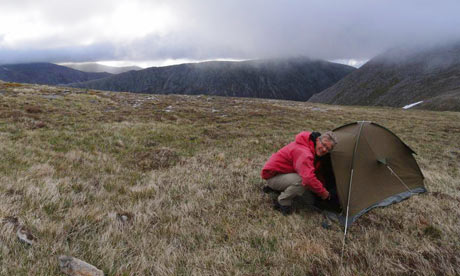Inventing Britain? Nicholas Crane's Britannia.
 ‘Nicholas Crane’s Britannia’ is being broadcast on BBC 2 on Tuesday evenings at the moment. Crane follows in the footsteps of historian and antiquarian, William Camden, whose topographical study of the British Isles presaged the Union of the Crowns and contributed to the geographical treatment of these islands as a single entity.
‘Nicholas Crane’s Britannia’ is being broadcast on BBC 2 on Tuesday evenings at the moment. Crane follows in the footsteps of historian and antiquarian, William Camden, whose topographical study of the British Isles presaged the Union of the Crowns and contributed to the geographical treatment of these islands as a single entity. Crane is a geographer, and historically his portrayal of Camden as a kind of proto-unionist, carefully laying foundations for the United Kingdom, might be viewed as a trifle anachronistic. At one stage in last night’s programme, as he retraces the Elizabethan traveller’s route through Scotland, Crane claims that Camden envisaged the various parts of Britain would be ‘stronger together than they would be apart’.
That assertion, made on behalf of a sixteenth century topographer concerned with describing strange foreign lands, is perhaps more than a little over-egged. ‘Britannia’ is, nevertheless, a compelling tale, and the argument that Camden’s study, through content rather than intention, encouraged the concept of political unity, is an intriguing hypothesis.
Comments